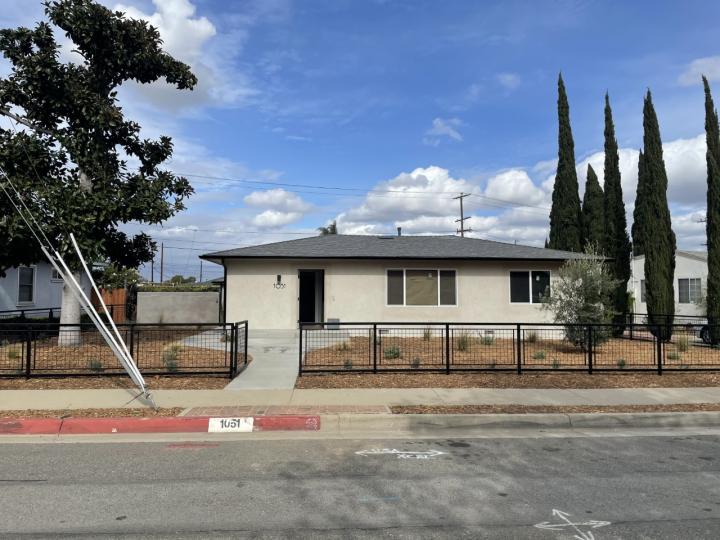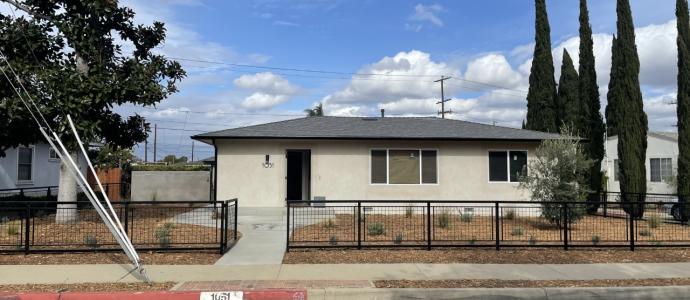
“All kids need a family around them,” said Jeffrey Darling, YAI’s California Project Manager. When a child in the foster care system has an intellectual or developmental disability (I/DD), a family placement may not be ideal to meet complex behavioral or mental health needs. But because California regulations do not permit foster kids to live in licensed group homes, the state had to devise a solution.
Partnering with the State’s Department of Developmental Services, YAI is about to open five new residential facilities in Northern and Southern California designed expressly for young people with I/DD and behavioral or mental health challenges who are in the foster care system or whose families are unable to meet their needs.
“In response to the closure of all state operated institutions, California has innovated new services and YAI is proud to implement a smart new model with supports that meet kids where they are.” Darling said.
YAI first opened its doors in California in 2019 when it was selected to operate a START program for the San Andreas Regional Center south of San Jose. The agency currently serves 120 adults in California with I/DD and co-occurring behavioral health needs.
The new residences are a combination of enhanced behavioral support homes (EBSHs), which allow those with complex behavioral needs to reside somewhere as long their needs are being met, and Community Crisis Homes (CCHs), which are geared toward short-term care, with people typically staying between three to nine months. Both models are relatively new, with six- and four-years in existence, respectively.
“Caring for kids with I/DD can be really intense behaviorally or it can be really intense medically, or both. It’s just far too complicated for a foster family to take on in most cases, Darling said. “So that’s what these homes are developed for. They can pick up the slack.”
Although the EBSHs are not the same as living with a family, they strive to replicate a family-like atmosphere while ensuring children get the supports and services they need.
“The homes themselves don’t look anything like an institution,” said Darling. “They are single-family homes and each person has his or her own bedroom. The only difference is that these homes will have a lot of staff, depending on each person’s needs.”
YAI professionals will include BCBA and board-certified behavioral analysts who will spend at least 20 hours a week in each home providing intensive therapy. Resources will also include registered behavior technicians—a relatively new position that is credentialed by the same board that certifies behavior analysts. Another feature of the houses, which differs from residences in New York, is that staffing patterns will be customized based on what each child requires.
“In California, each person’s services are negotiated at a rate that meets their needs. And the rate is negotiated continuously,” Darling explained. “So if a child needs three staff instead of one, we can support that.”
Darling thinks the highly individualized model makes the homes an ideal addition to YAI’s portfolio.
“These homes are a perfect marriage of YAI’s commitment to person-centered services and a local structure that meets each person’s needs.”
The first house is set to open in Los Angeles in May, with other residences slated to open over the following months. In addition to the homes for children, a sixth home for adults is in contract and a proposal for a seventh home has been submitted.

